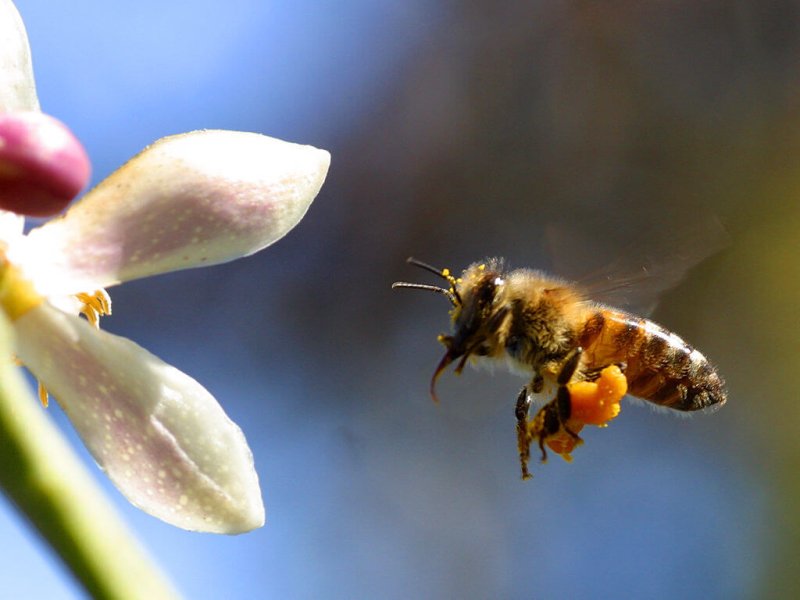We know that activist groups really care about bees. In 2013, about 200 activists held a funeral for 50,000 bumblebees that died under some linden trees in a Target parking lot in Oregon. The deaths marked what is being considered the largest “bee kill” on record. But why then were activists silent in response to the tragic events that took place on Highway 33 in Idaho? A truck carrying hundreds of bee hives flipped over, releasing the pollinators into on-coming traffic and the bees had to be exterminated. How many bees died? Not 50,000. 20 million died in that incident.
These sorts of incidents are surprisingly common. Yet amidst this carnage, we have not heard a word from environmentalists. Could it be that they really don’t care about bees, and are just creating one more trumped up crisis in order to raise money?
As we know, there actually is no bee crisis. Managed bee populations are rising. And wild bees are doing just fine too.
But what about those bumblebee deaths in Oregon? While activists were quick to blame pesticides for the deaths of the bumblebees, there’s more to the story. In a document condemning neonicotinoids, the Oregon Department of Agriculture slips in this admission: “The Littleleaf Linden tree is native to Europe. It has been at the center of several bumble bee kills in Oregon. It produces mannose in its nectar that may be slightly toxic.” In other words, the tree may have poisoned the bumblebees.
If activists were truly concerned about bees, they might better focus on transportation safety.
The GLP aggregated and excerpted this blog/article to reflect the diversity of news, opinion and analysis. Read full, original post: Bees: Activists Remain Silent While This Pollinator Killer Decimates Millions































